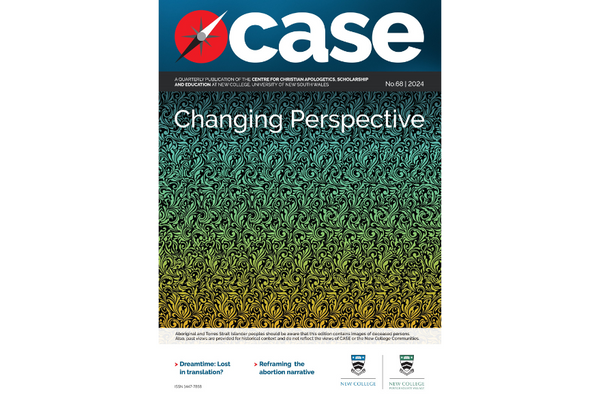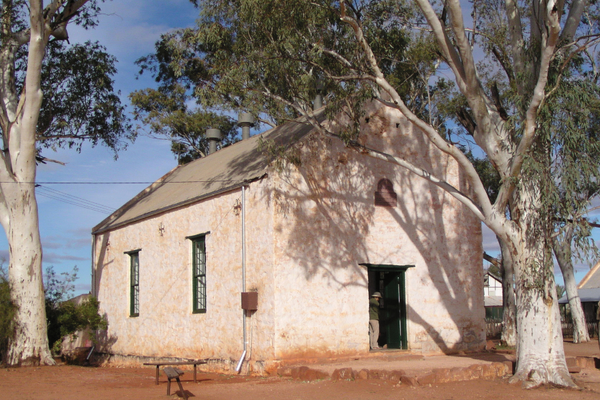The importance of 'hope' to resilience

The word resilience is used frequently by people in all walks of life. This has certainly been the case in schools as COVID-19 has led to enforced home-schooling and disrupted lives. But what do we mean by resilience, and how do we identify and develop it in our children? Might people’s understanding of resilience be too limited?
The Oxford English Dictionary defines resilience as ‘being able to withstand or recover quickly from difficult conditions’. It is a natural and innate human quality. But can we develop, strengthen or even lose it? From where is resilience derived? Do resilient people simply develop more positive attitudes, and apply themselves to the tasks at hand? Or perhaps, can we all ‘grow’ and achieve a ‘positive mindset’? I want to suggest that all can become more resilient, but not without ‘hope’ of some kind.
Paul’s Letter to the Romans is just one place where we are reminded that with hope, all things are possible. Paul encouraged the church and its people to offer themselves in love as ‘living sacrifices’ (12:1-8). He also urged acceptance for the weak and strong in faith (ch. 14) and that the strong in faith were to bear with the failings of others (15:7). But sitting atop all of these qualities he stressed there should be hope! We are to ‘overflow with hope by the power of the Holy Spirit’ (15:13).
The Bible and even secular sources show that ‘true’ resilience requires hope of some kind outside one’s self.[1] But what we actually place our hope in is also important. In the midst of a pandemic, resilience is needed, but trust or hope in your own health, fitness, wealth or even young age is not the complete answer. Avoiding the virus is one thing, coping with life in challenging times is another. Hope is required as well.
In Paul’s letter to the Romans he was not talking about wishful thinking, ‘hoping for the best’, or ‘toughing it out’. No, he was pointing to a more profound and certain hope, one based on an understanding that God can be trusted, and that we can have a confident hope in our future irrespective of circumstances (cf. Hebrews 6:9-12).
As we face the challenge of COVID-19 there is an opportunity for Christian parents and teachers to encourage children to be thankful for the God-given ingenuity that has produced vaccines, while also reminding them we can have complete confidence in our God in all circumstances.
It has been instructive to observe governments, schools, hospitals and individuals responding to the COVID-19 challenge, and rightly seeking to control risks and circumstances. But I wonder if calling on God to sustain us, as well as to end COVID-19, has too rarely been a key consideration for many people of faith. While we are grateful for skilled doctors and governments enforcing controls to beat the disease, resilience also requires a hope beyond science, doctors and government.[2] Hope and faith beyond oneself are key ingredients to recovery in the face of adversity and threats. As the book of Hebrews reminds us, ‘Now faith is being sure of what we hope for and certain of what we do not see.’ (11:1) It is a good time for Christian parents, teachers and leaders to ask, ‘Where am I looking for encouragement and solutions to the despair of COVID-19?’ This time offers a valuable opportunity to talk with our children and friends to encourage them to look beyond reliance on self to sustain this life, to an eternal hope in God.
Prof Trevor Cairney OAM is Honorary Professor of Education at the University of Sydney and University Life Fellow at UNSW. He was the founding Director of CASE.
ENDNOTES
[1] Steven M. Southwick & Dennis S. Charney, Resilience: The Science of Mastering Life’s Greatest Challenges (Cambridge University Press, 2018).
[2] Ibid., p32.
Leave a comment
Comments will be approved before showing up.



